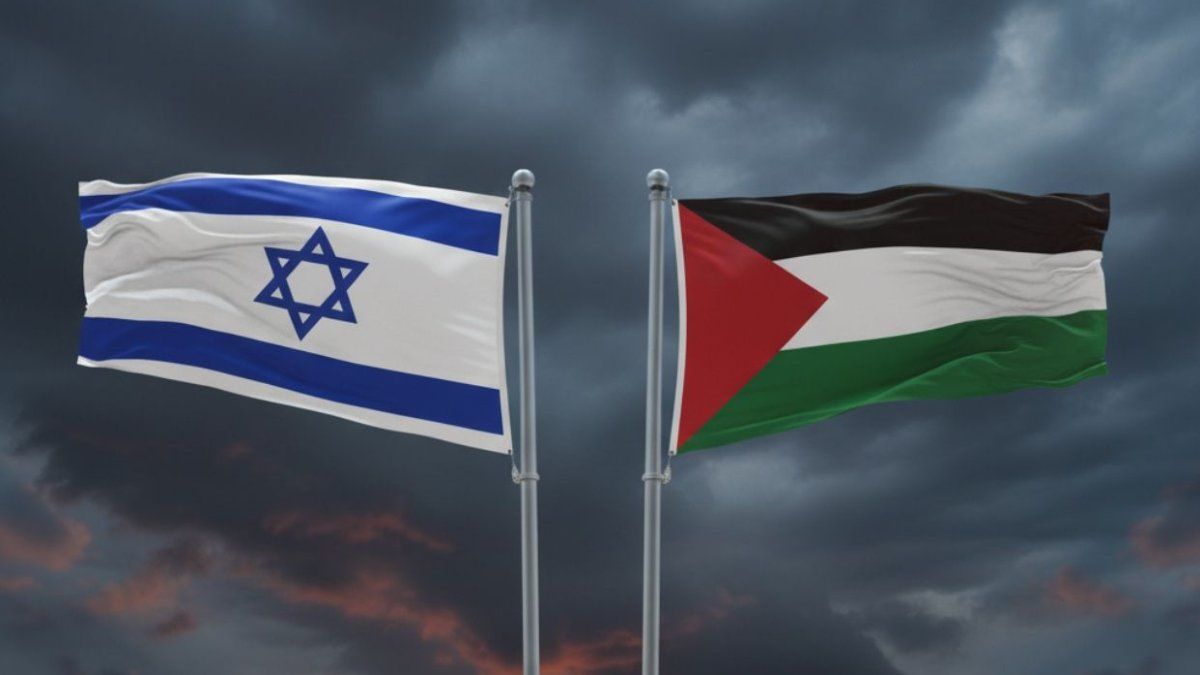The Russian government is concerned about the bottlenecks in oil tankers on the Bosphorus. “We are aware of this situation, of course it worries us in terms of the interests of our companies,” RIA news agency quoted Deputy Foreign Minister Alexander Grushko as saying on Wednesday.
The problem will be discussed with the transport and insurance companies. “If the problem is not solved, politics will of course intervene,” said Grushko. The background to the tanker congestion is likely to be the price cap imposed by the EU and the G7 group of industrialized countries for oil transported by sea from Russia.
Insurers need additional guarantees
At least 20 oil tankers are moored in Turkish waters to cross the Bosphorus from Russian Black Sea ports to the Mediterranean, a shipping industry insider told Reuters. The trigger for this is a message from the Turkish shipping authorities. It requires additional guarantees from insurers that passage through the Bosphorus is covered. “We will see further delays if owners or operators are unable to provide the necessary guarantees,” an insider said.
Behind this is probably the price cap imposed by the West for Russian oil deliveries by sea. Since Monday, EU shipping companies have only been allowed to transport Russian crude oil if it is sold below or at the upper price limit of $60 per barrel. This also applies to insurers, reinsurers or other financing of the oil business. With the world’s major shipping and insurance companies based in the G7 countries, the price cap could make it difficult for Russia to sell its oil at a higher price.
Waiting time increased to four days
Every day, millions of barrels of oil are transported from Russian ports through the narrow Turkish straits on the Bosphorus to the Sea of Marmara and then on through the Dardanelles to the Mediterranean Sea. The average waiting time on the Bosphorus southbound was four days for ships longer than 200 meters, up from one day in mid-November.
With the price cap, the EU, the G7 countries and Australia want to put further financial pressure on Russia in the war against Ukraine. Moscow relies heavily on revenue from the commodities business.
more from economy
Poll: Will you go shopping on December 8th?
Economy in the euro zone grew slightly in the summer
Average rents increased significantly in the third quarter
Every third person under 35 pays with their smartphone
My themes
For your saved topics
found new items.
info By clicking on the icon you add the keyword to your topics.
info
Click on the icon to open your “My Topics” page. They have of 15 tags saved and would have to remove tags.
info By clicking on the icon you remove the keyword from your topics.
Add the theme to your themes.
Source: Nachrichten




